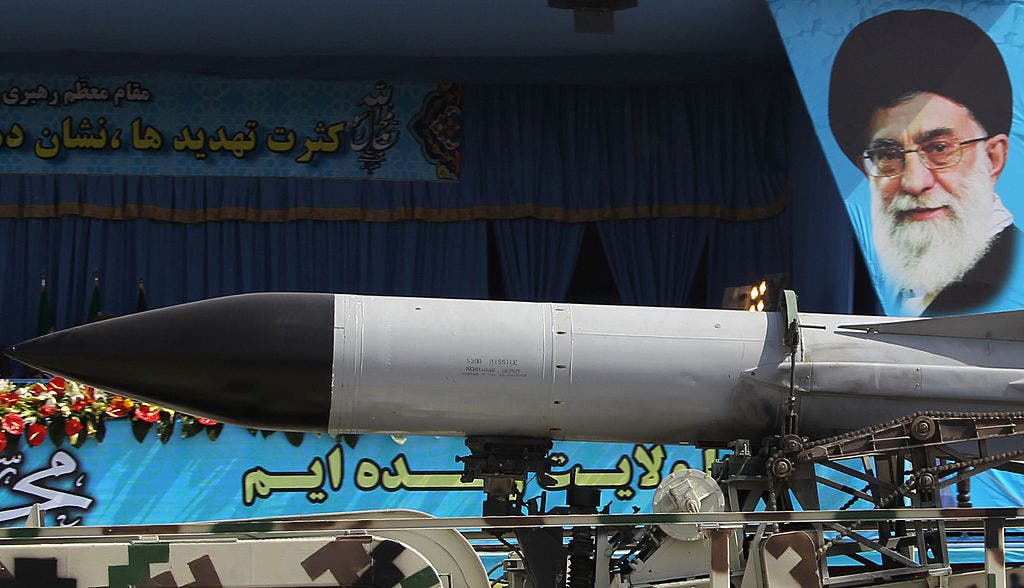Retired Gen. Kenneth “Frank” McKenzie, former head of U.S. Central Command (CENTCOM), has warned that U.S. bases in the Middle East are at risk of being overwhelmed by Iranian missile attacks. In a report released this week, McKenzie, now a Hertog senior fellow with the Jewish Institute for National Security of America (JINSA), highlighted the vulnerability of U.S. bases in the Arabian Gulf to Iranian aggression due to Tehran’s advancements in weapon capabilities. He suggested that the current basing strategy is outdated and poorly positioned to counter the central threat posed by Iran, advocating for the development of a more flexible western basing network for American air assets to raise the cost of aggression for Iran.
McKenzie emphasized that technology and missile development have evolved, necessitating a reassessment of base placement in the region. He noted that Iran possesses short-range missile capabilities and is expanding its medium- to long-range missile capabilities. The retired general highlighted Iran’s significant investment in developing ballistic missiles, land attack cruise missiles, and drones, which pose new threats as they outmatch the defense capabilities of systems like the Patriot missile defense system. McKenzie called for collaboration with regional allies such as Saudi Arabia, Jordan, Oman, and Egypt to relocate bases further away from Iran to mitigate the risks posed by the Iranian missile threat.
In discussions with the media, McKenzie stressed the importance of identifying bases further west where U.S. aircraft, maintenance facilities, refueling capabilities, and weapons can be deployed out of Iran’s reach. He indicated that discussions regarding base relocation have already taken place with Middle Eastern countries, with a focus on developing dual-use bases that benefit both the U.S. and its regional partners. McKenzie cited the Kingdom of Saudi Arabia as an example, noting that improvements to bases in the western part of the country would enhance Saudi Arabia’s self-defense capabilities while also assisting in the defense of the kingdom.
McKenzie also highlighted the indirect security threat posed by Iran’s use of terrorist groups to further its agenda in the region. He emphasized the importance of maintaining a credible demonstration of will and capability to fight and win if necessary to deter Iranian aggression effectively. In his report, McKenzie argued that deterrence in the Middle East requires ongoing efforts to refresh and reinforce the commitment to defend against threats from Iran and its proxies. He underlined the need for continuous vigilance and strategic planning to address the evolving security landscape in the region.
The former CENTCOM commander’s assessment comes amid growing concerns over Iran’s destabilizing activities in the region and its pursuit of nuclear capabilities. McKenzie’s recommendations for reevaluating U.S. basing strategy and enhancing cooperation with regional allies reflect a proactive approach to countering the threats posed by Iran’s missile capabilities and its support for terrorist groups. By advocating for a more robust and flexible basing network in the Middle East, McKenzie aims to strengthen deterrence and enhance the security posture of U.S. forces in the region while also bolstering the defense capabilities of key allies.


